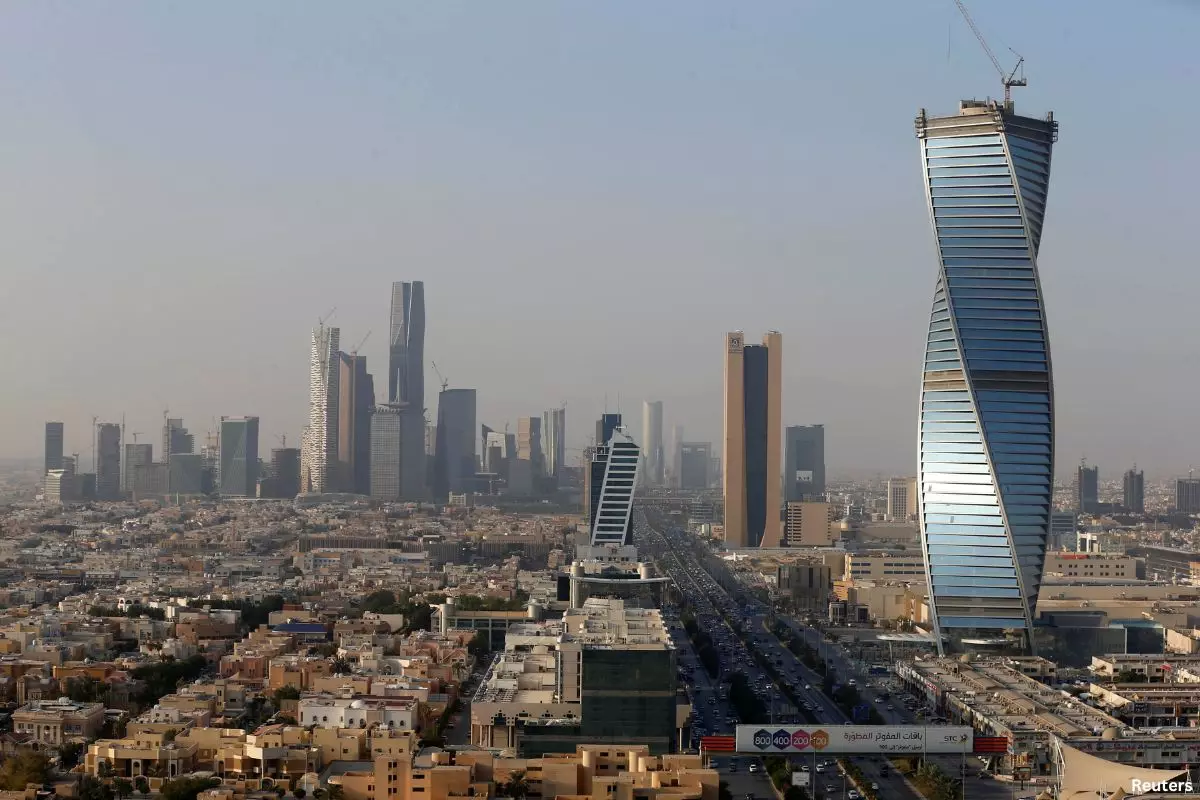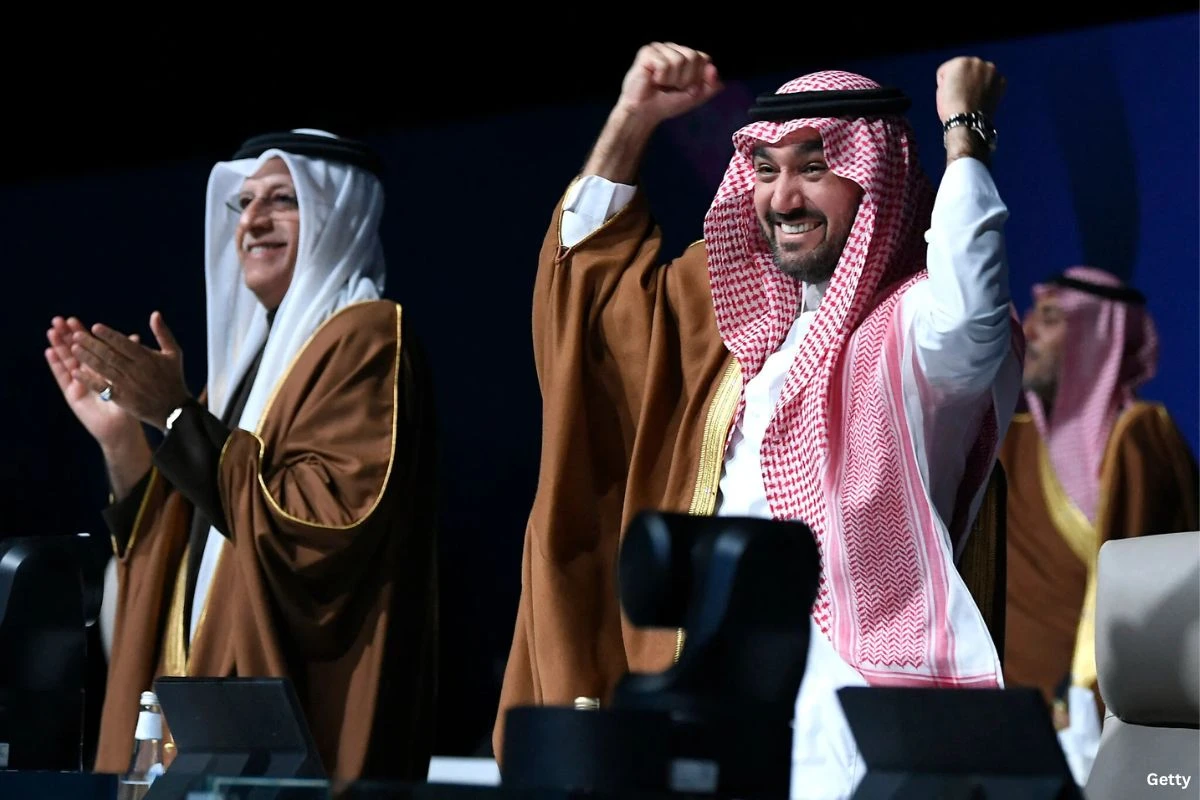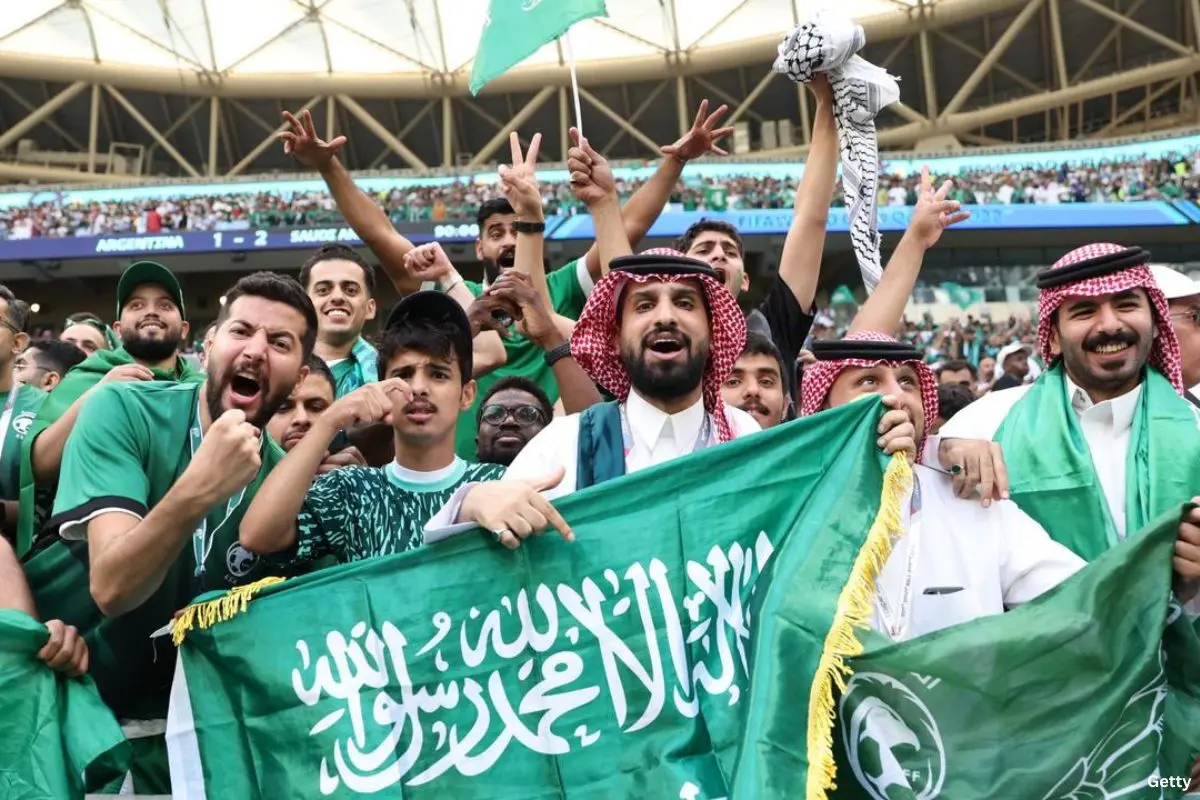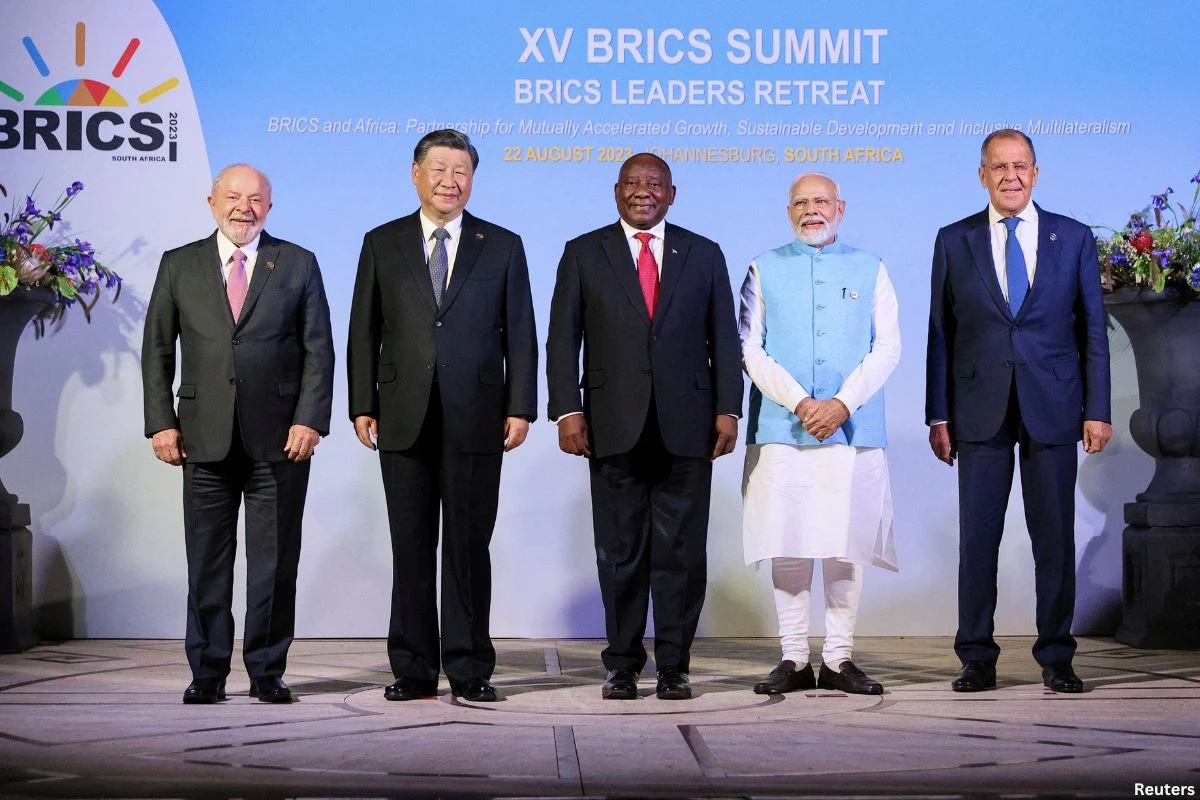Saudi Arabia on Tuesday announced a groundbreaking incentive for multinational corporations, unveiling a 30-year tax relief package for companies establishing their regional headquarters (RHQ) in Riyadh, the capital city. This move, revealed by the Ministry of Investment, aims to position Riyadh as a prime destination for multinational corporate operations in the MENA region.
The tax relief measures include a zero-percent corporate income tax and withholding tax for the duration of 30 years, accompanied by the opportunity to apply for unlimited work visas. Additionally, there’s a decade-long exemption from quotas for hiring Saudi nationals, creating an enticing proposition for multinationals eyeing regional expansion.
Minister of Investment Khalid Al-Falih emphasized the advantages of this tax incentive, stating, “The tax incentive gives multinational companies operating in the region yet another reason to make Saudi Arabia home to their regional headquarters.” Al-Falih highlighted relaxed Saudization requirements and the provision of work permits for the spouses of RHQ executives as further incentives.
Launched in February 2021, the RHQ Program aims to lure multinational corporations to establish their operational centers in Saudi Arabia. Over 200 companies have already been licensed under this program to operate their regional headquarters from the Kingdom, signaling the success and attractiveness of the initiative.
Minister Al-Falih underlined Saudi Arabia’s appeal, citing economic stability, a skilled workforce, strategic location, and robust growth prospects as drawing factors for leading global companies. He emphasized the Kingdom’s attractiveness for executives, entrepreneurs, and professionals from around the world.
Minister of Finance Mohammed Al-Jadaan highlighted the incentive’s role in providing businesses with a clearer roadmap for future planning, ensuring increased participation in Saudi Arabia’s transformational endeavors across sectors. Al-Jadaan also expressed eagerness in welcoming more multinational corporations to engage in diverse projects, including mega-projects and upcoming international events like the 2029 Asian Winter Games and Expo 2030.
Despite Saudi Arabia’s ambitious RHQ campaign, it has encountered skepticism among some foreign investors and expatriate workers. Concerns revolve around the Kingdom’s conservative societal norms, human rights issues, and the ability to match the quality-of-life amenities and lifestyle offered in other regional hubs like Dubai, such as alcohol, which is currently illegal in Saudi Arabia.
The announcement of tax breaks adds momentum to Saudi Arabia’s bid to attract multinational corporations and solidify Riyadh’s position as a regional economic powerhouse. Yet, challenges persist in dispelling doubts surrounding the Kingdom’s ability to accommodate diverse cultural and lifestyle needs, posing an ongoing consideration for prospective foreign talent and investors.












